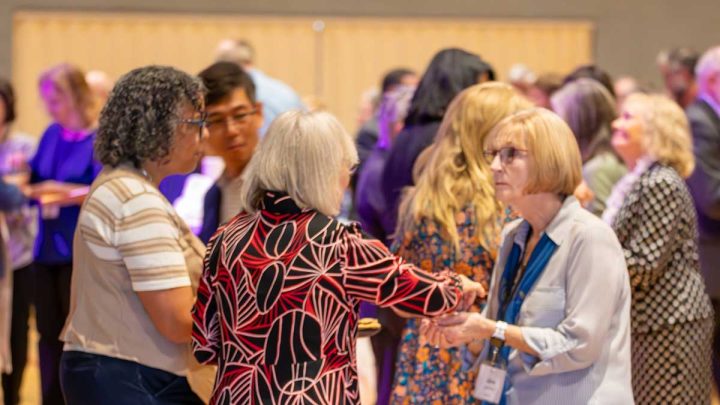On September 9, the 2024 Quadrennial Orientation brought together conference committee members and staff, setting the stage for the next four years of mission and ministry within the North Carolina Conference of The United Methodist Church. The event focused on unity, effective leadership, and the church’s shared commitment to its mission, creating a day filled with thoughtful worship and practical guidance for the work ahead.
Rev. Ismael Ruiz-Millán, Executive Director of Connectional Ministries, and John Hall, Conference Lay Leader, offer this brief video recap highlighting key points from our time together at the 2024 Quadrennial Orientation.
The gathering opened with a time of worship, where Rev. Rhonda Grant Jordan began with a reading from Ephesians 3:14-21. Bishop Connie Mitchell Shelton followed with a sermon centered on unity, peace, and justice, urging those present to embrace their calling with renewed energy. She warmly welcomed attendees and expressed her deep appreciation for their dedication to the mission of the church.
Using the metaphor of a dance, Bishop Shelton shared her reflections on the vibrancy of church life. She spoke about congregations across the NC Conference that are fully engaged in Disciple Making, Leader Forming, and Peace Building, as well as those facing challenges in adapting to changing times. Through these examples, she highlighted the importance of staying flexible and open to new perspectives as congregations move forward in their work.
Bishop Shelton also introduced a practical leadership approach—Reflect, Adjust, Do (RAD)—that encourages leaders to take a step back to see the bigger picture, make adjustments, and then act. This framework, she explained, would help guide the work of leaders as they navigate the evolving needs of their congregations and communities.
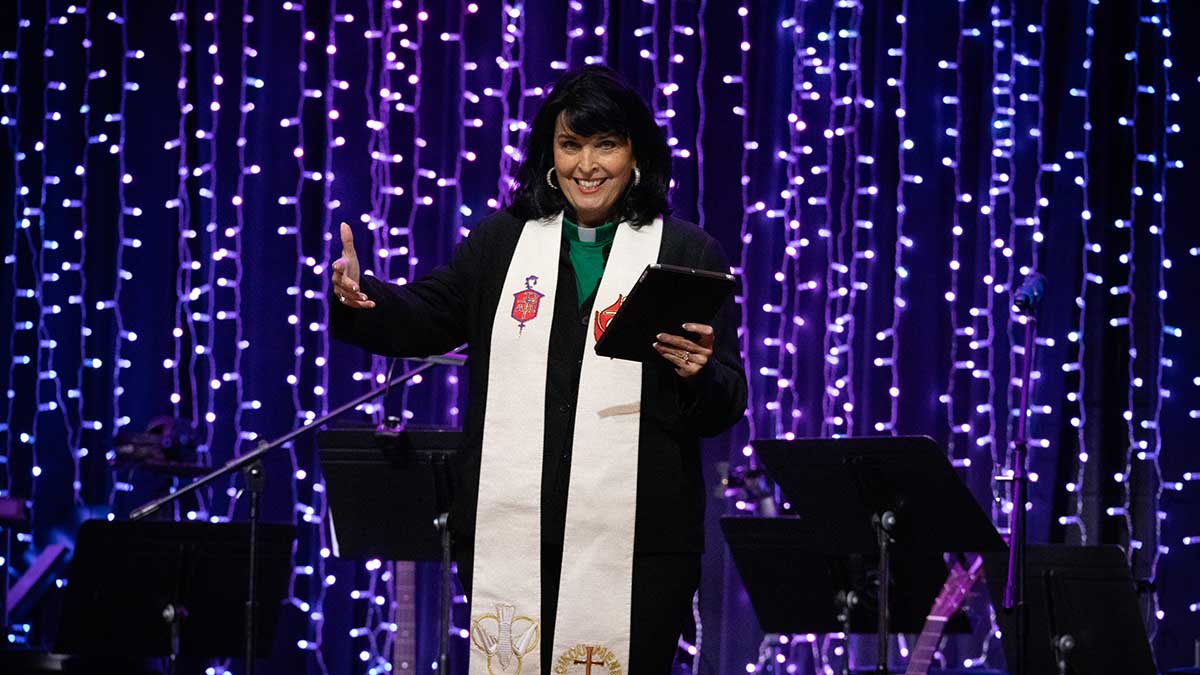
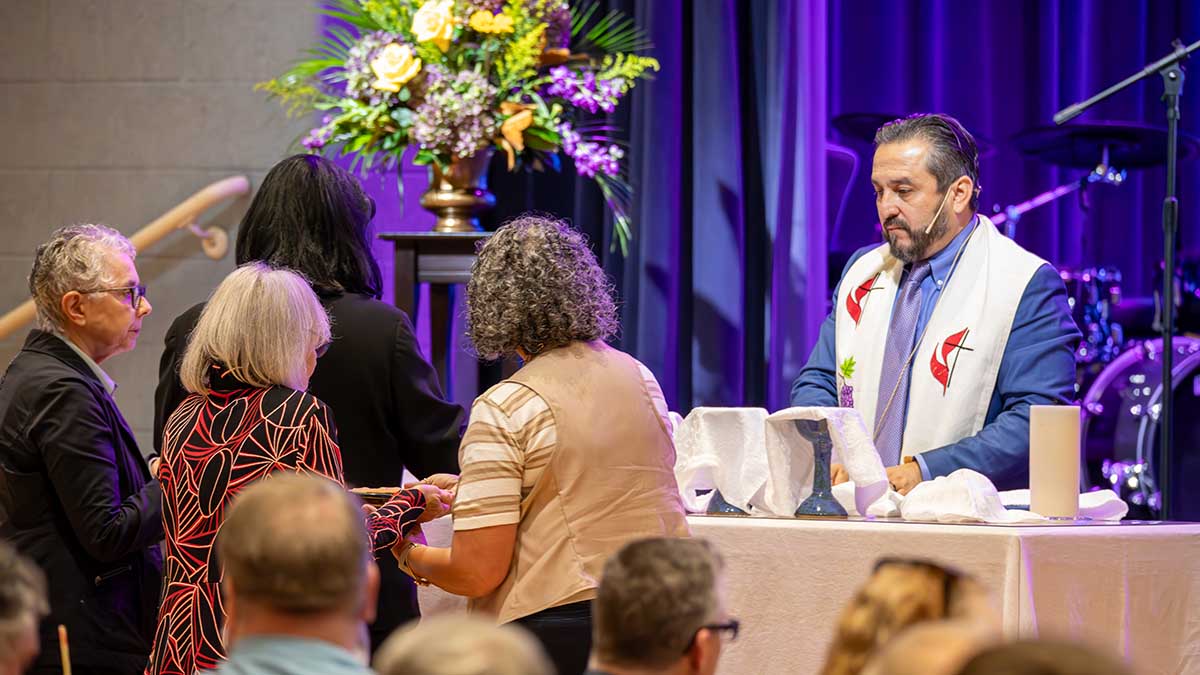
As worship concluded with Holy Communion, attendees shifted gears as conference staff took the floor to share critical insights about the work ahead. Participants heard presentations about the work of the Connectional Table, the budgeting and apportionment process for 2024-2027, and key policies, such as nominations, travel, and meeting attendance. Each detail mattered, underscoring the transparency and dedication required to lead effectively.
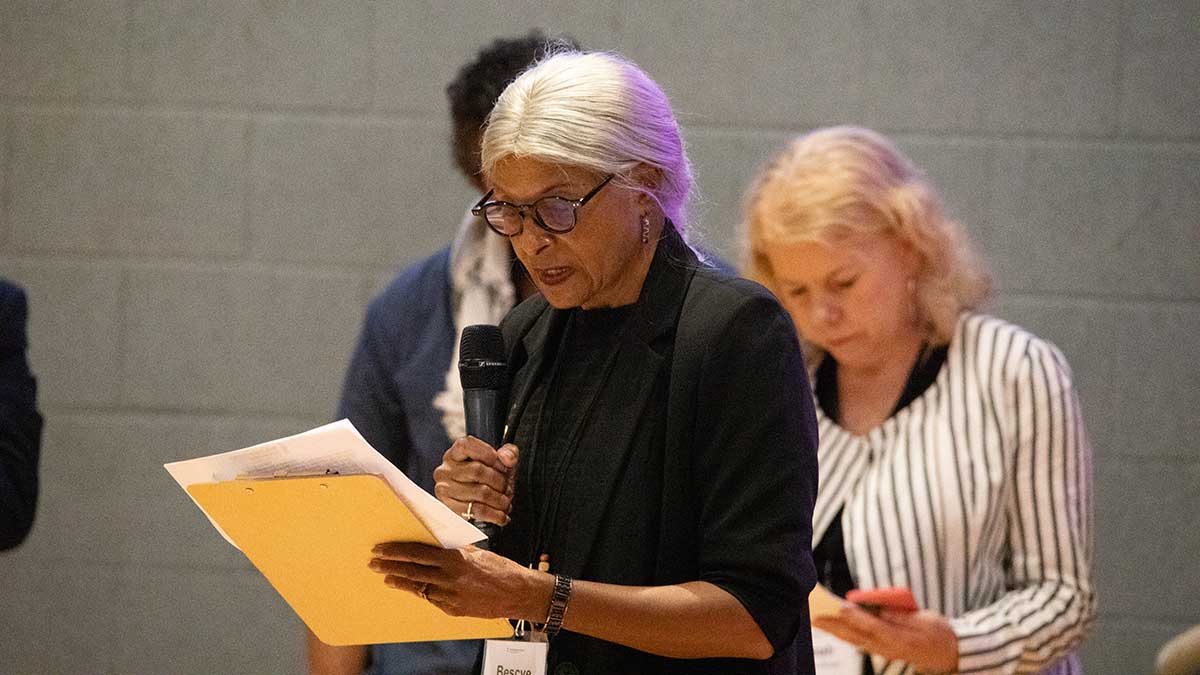
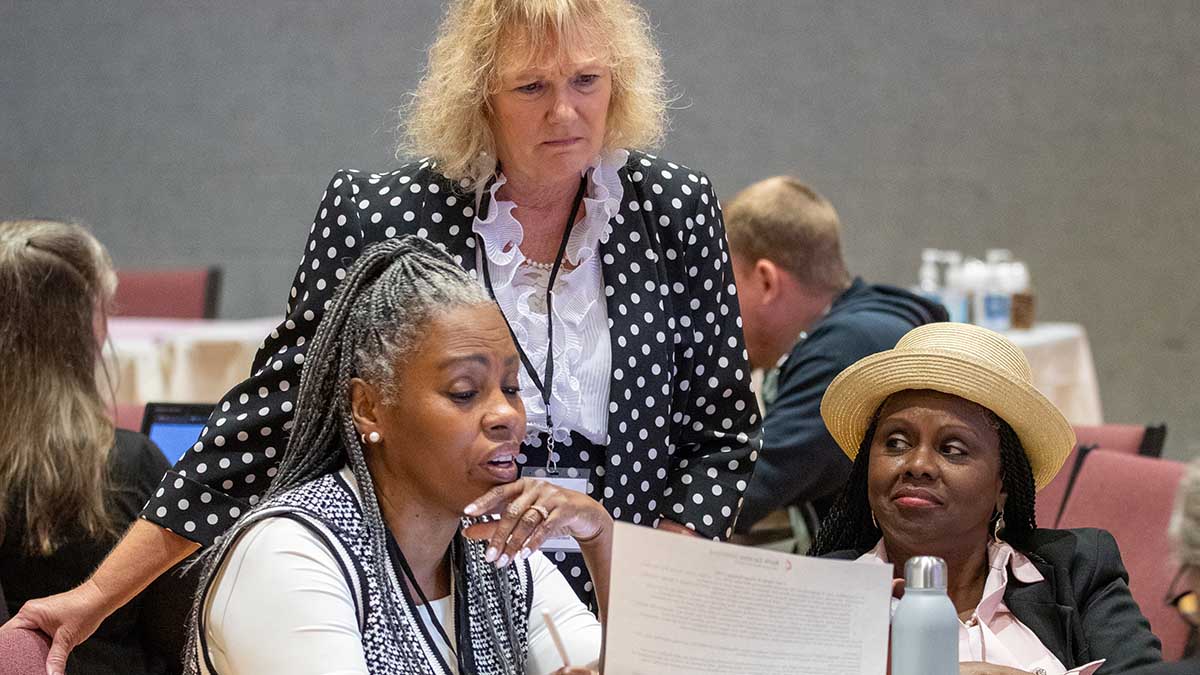
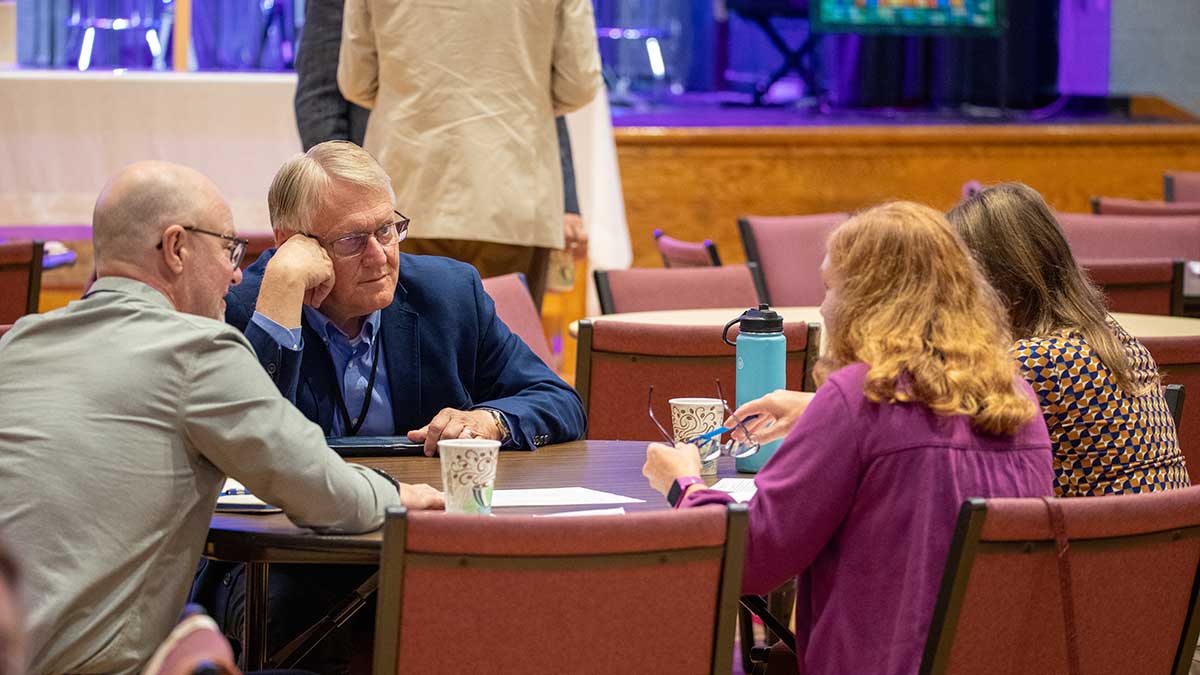
To bring these ideas to life, attendees engaged with case studies designed to explore how the conference can better partner with local churches. These collaborative discussions allowed committee members to visualize practical solutions and think creatively about the future. It also gave conference staff an opportunity to listen to the needs of the local church.
The 2024 Quadrennial Orientation provided a valuable opportunity for leaders to connect, reflect, and prepare for the work ahead. With a clear focus on collaboration and effective leadership, the conference reaffirmed its commitment to the mission and ministry of The United Methodist Church, setting a hopeful tone for the next four years.

